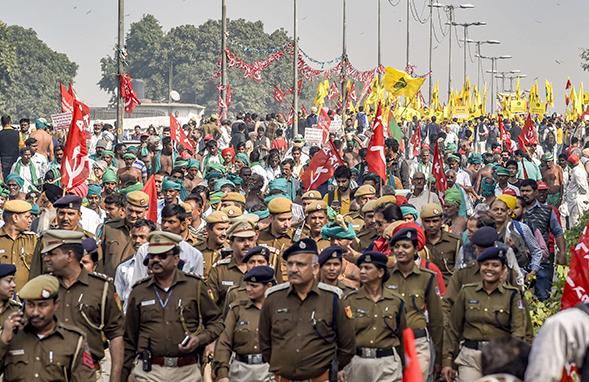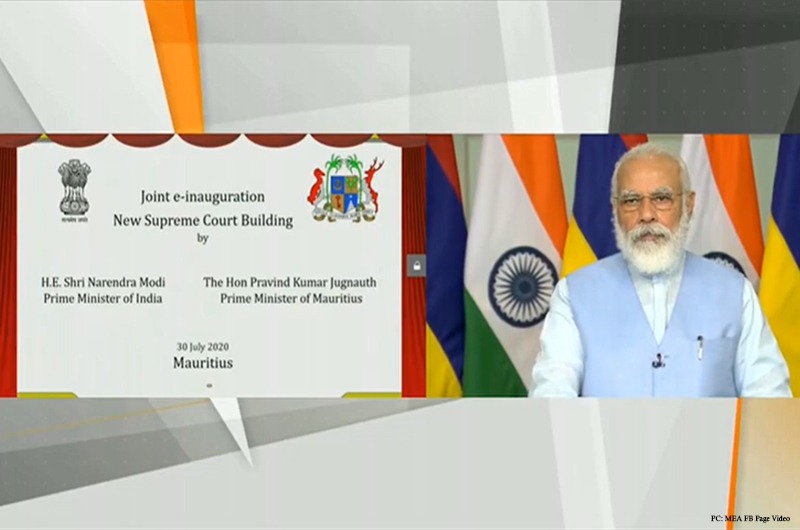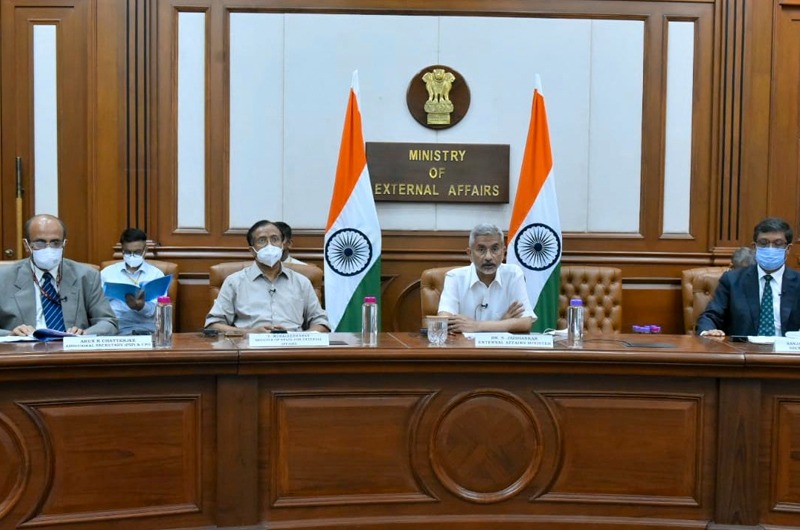
Demanding remunerative prices for their produce and freedom from debt, the farmers have staged a two-day protest at Parliament Street in New Delhi to get their voices heard by the Centre.
The Kisan Mukti March is being led by opposition leaders and activists and nearly 1 lakh farmers landed up in Delhi. They were organised by the All India Kisan Sangharsh Coordination Committee, an alliance of various farmer bodies.
The farmers have said in the pamphlet that they only get Rs 5 per kilo for tomato, whereas the consumers pay Rs 30 for it. Also, the pamphlet shows difference in rates of moong dal, apples and milk. “Our life is also cheap. In the last 20 years, over three lakh farmers have committed suicide,” it says.
The farmers have demanded a special session of Parliament to confront this issue of agrarian distress and pass two bills: a one-time full loan waiver and other for the long-term institutional measures that would ensure that farmers would not sink into debt again. To assure MSP at 50% above compensation cost of production, the March has demanded implementation of the recommendations of the Swaminathan Committee.
This is despite the fact that this July, the Central government announced a Rs 15000 crore package that aimed to resolve the issue of the MSP, which they said would be determined on the principle that the harvest should get the farmers 150% of the cost of planting and tending to the crop. The Central government continues to defend this move even now. But the farmers are clearly dissatisfied by these measures. A rice and wheat farmer nailed the true issue by saying that “The calculation of support price that the government fixes is erratic and erroneous,” and that “The government should include actual rent of land, interest on capital invested and skilled labor rate while calculating the cost of cultivation of various crops.”
As per P. Sainath, an agrarian expert, “The two bills are the first step. They are not a comprehensive closure of the agrarian crisis. They have a long way to go.”








